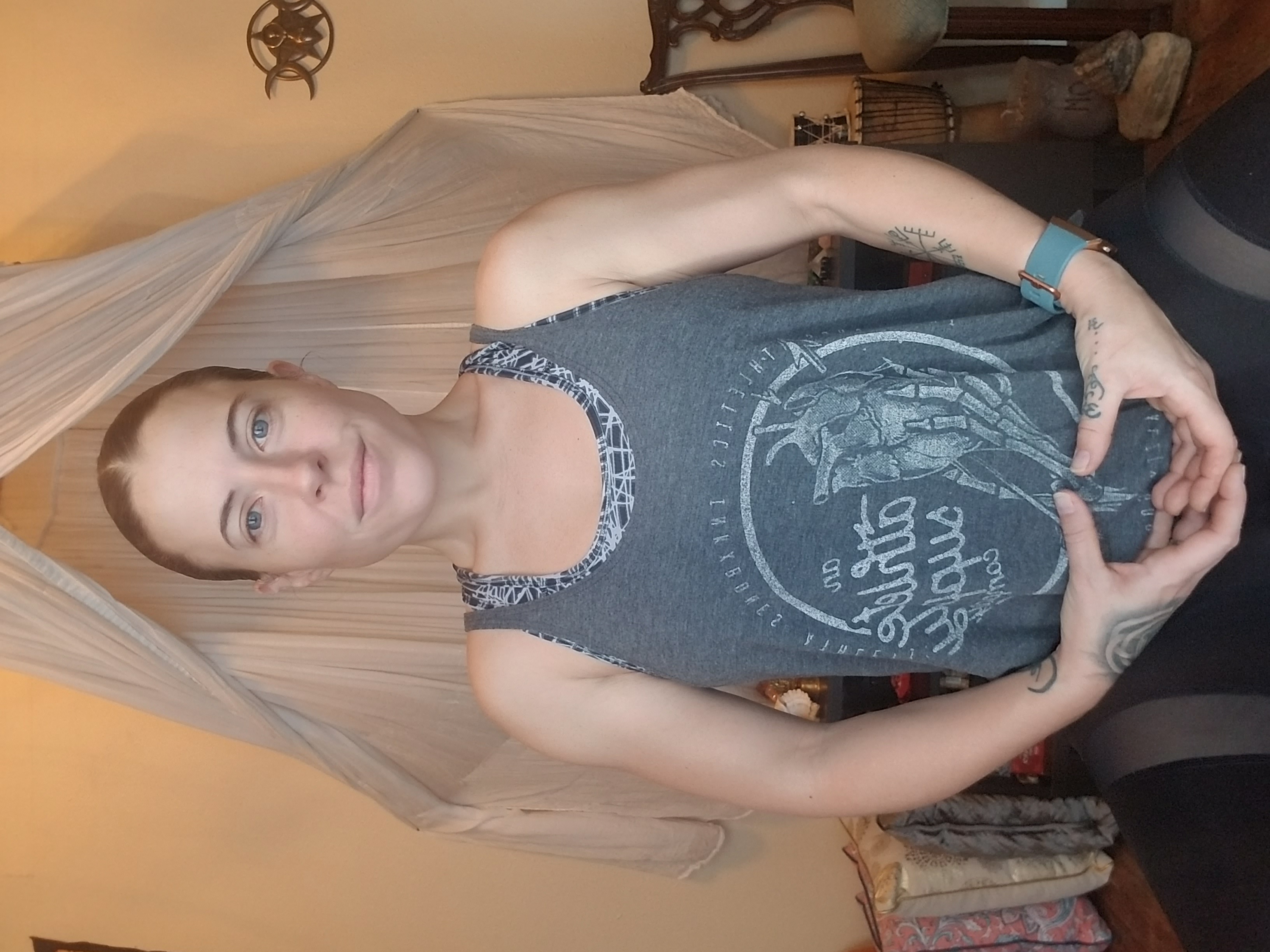Ripples of the Self: A Contemplative Essay on Identity, the Body, and the Soul
- Julia Katcher-Persike

- Jun 2, 2025
- 2 min read
In a world increasingly shaped by personal autonomy and self-expression, the question of altering one’s body to align with an internal sense of identity has become both common and controversial. Beneath the surface of this cultural shift lies a deeper spiritual and philosophical inquiry: What does it mean to change the body when the soul is already whole?
Many who seek physical transformation—particularly in the realm of gender identity—do so from a place of inner unrest. They feel a dissonance between the outer form and the inner experience. But from a spiritual lens, this dissonance may not be a call to alter the body, but rather an invitation to explore the self more deeply. The soul, in many traditions, is seen as already at peace, already complete. It is the human self—the ego, the mind—that perceives lack, imperfection, or misalignment.
To act from this place of perceived lack, especially through irreversible physical changes, raises profound questions. Is this truly an act of alignment, or is it a response to internal judgment and criticism? If the soul is whole, then the desire to change the body may reflect not spiritual clarity, but human confusion. It may be the ripple of a deeper wound, not the resolution of it.
A compassionate human response, then, is not to affirm every desire, but to engage in deep contemplation. True compassion invites stillness before action, reflection before transformation. Especially when such decisions are made by or for children—whose identities are still forming—the stakes are even higher. The ripple of one decision can become a tidal wave, not only in the life of the individual but in the collective consciousness.
This is not a call for judgment, but for discernment. The difference is subtle but essential. Judgment reacts; discernment reflects. And reflection reveals that every action—especially those involving the body—carries karmic weight. The law of cause and effect is not punitive, but instructive. It teaches through experience, through the ripples we create.
Yet even in this, there is grace. Growth is possible. Course correction is always available. But we must ask: Are we learning from the ripples, or are we continuing to create them unconsciously? The soul does not demand change; it invites remembrance. And remembrance brings peace—not through transformation of form, but through transcendence of illusion.
In the end, the response to these questions must come not from emotion, but from understanding. Not from fear or affirmation, but from wisdom. The body is a vessel, not the self. The self is a mirror, not the soul. And the soul—silent, still, and whole—awaits our return.









Comments